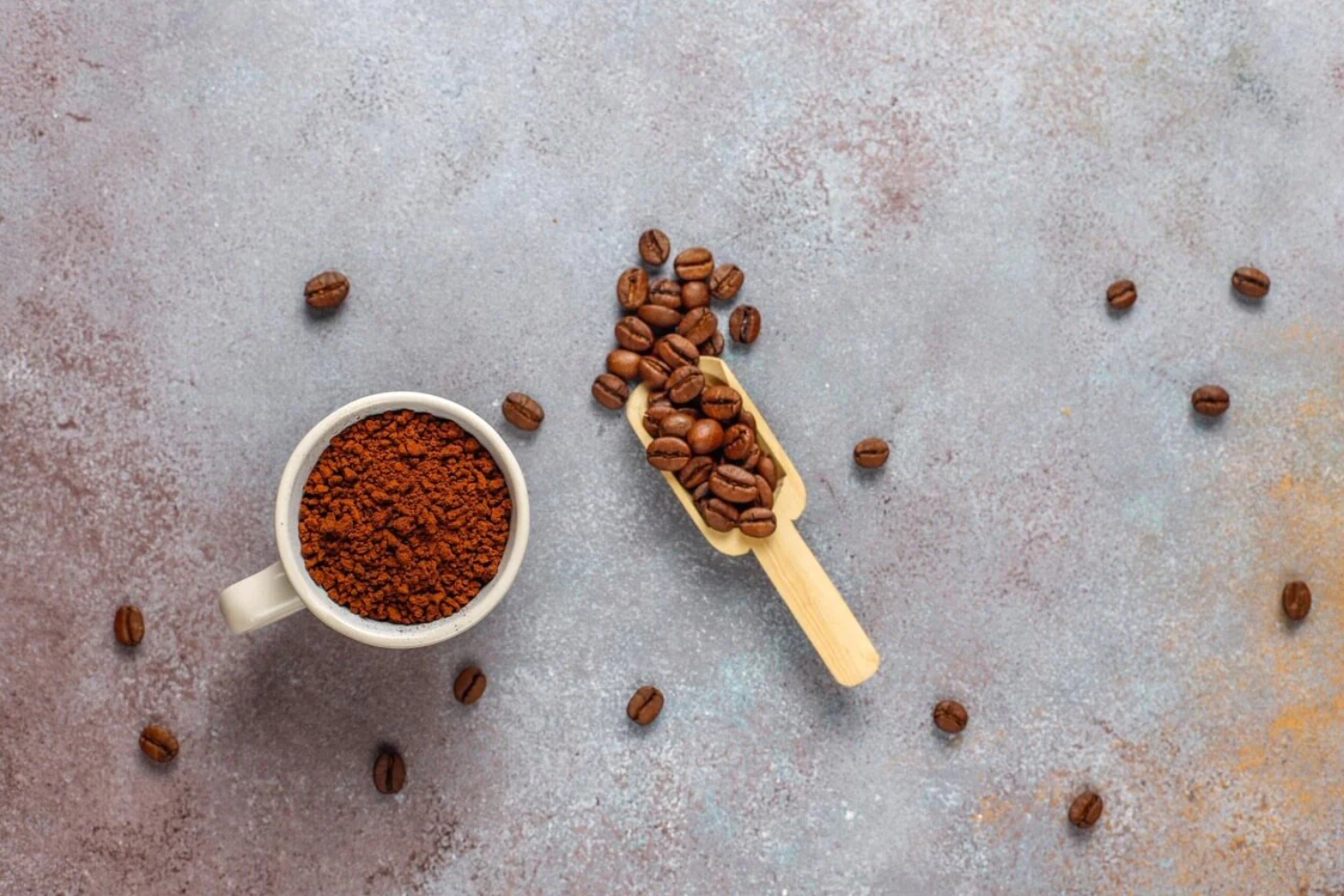Coffee
Our love for coffee has boiled over in recent years, but there are some things to watch out for when you get your grounds.
View all products

Why Swap
- Here in the UK we drink around 95 million cups of coffee per day - that's nearly one and a half cups per person!
- Unfortunately people on coffee plantations are not always treated fairly – the exploitation of growers continues today and this can include child labour
- Like any crop, intense farming practices, pesticides and chemical fertilisers lead to damage to the soil and local ecosystems
The Alternatives
For a long time the coffee industry has been the subject of criticism for its treatment of workers and the way its farmed. Fortunately there are lots of coffee brands which are not only more ethical when it comes to the relationship with its growers, but more sustainable in how the crop is grown.
Organic Coffee
Chemical fertlisers and pesticides not only cause environmental and ecological damage, but can be harmful to the workers and surrounding communities. Organic farming practices lead to better soil conditions, returning nutrients and aiming to create more of a balance than more intense methods. Look for our Organic accreditation.
Fair Trade
Organic
Industrially Compostable
Fair Trade Coffee
Fair trade coffee supports better wages and working conditions for growers. Organisations like Fairtrade Foundation work with co-operatives, businesses and governments to make trade fair. There are a range of coffee makers accredited by the Fairtrade Foundation that are also certified organic, so watch for our Organic accreditation.
Fair Trade
Organic
Industrially Compostable



